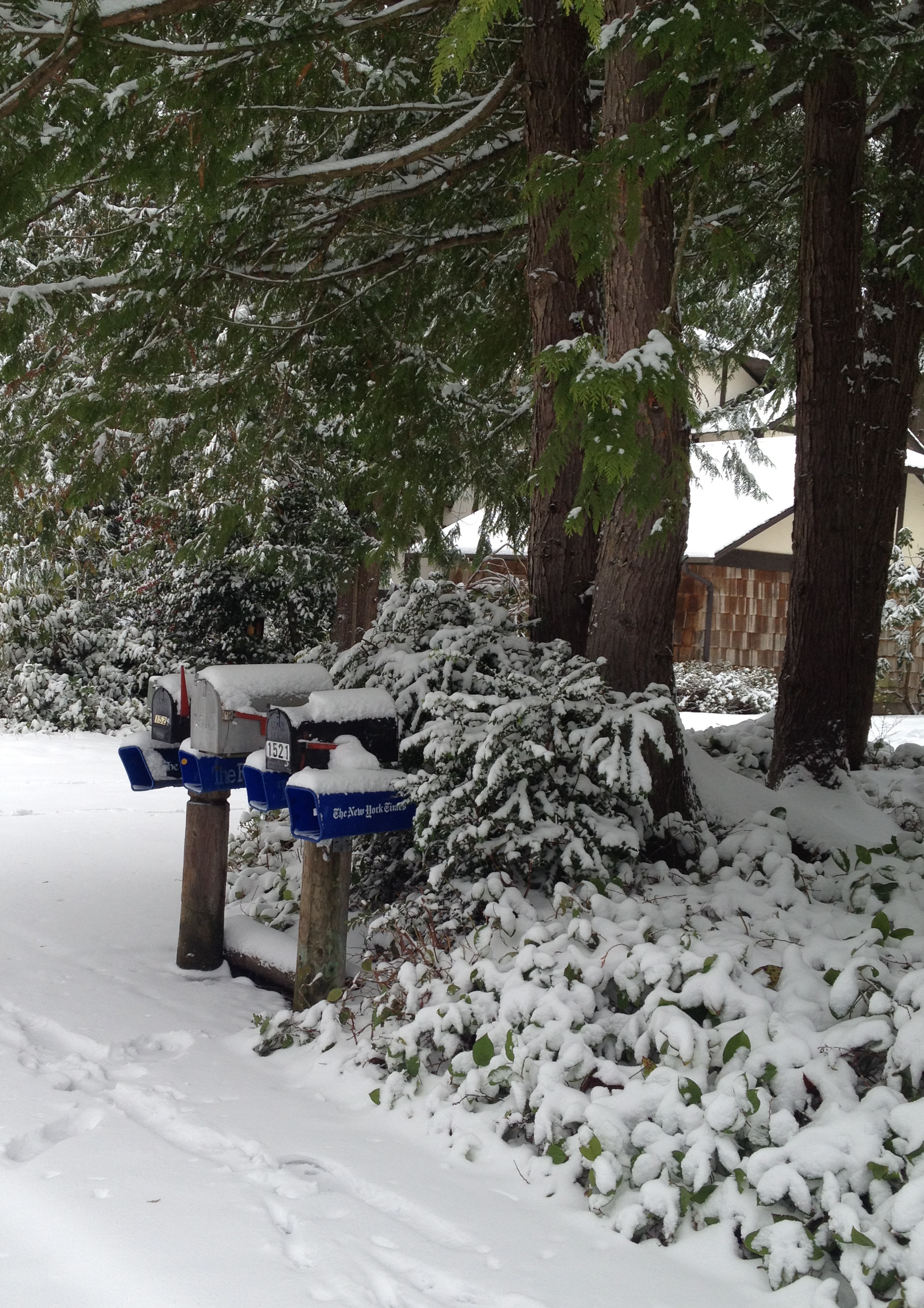Bainbridge Island Real Estate Stats for 2011

My Top 10 Homes on Bainbridge Island | 2011
January 3, 2012
How the Dominoes Fall – the process of selling and buying
January 29, 2012
The radical real estate recovery we hoped for in 2011 never arrived.
2011 Year End Review
As real estate agents we entered last year full of optimism and hope that 2011 would usher in numbers far different from what we saw in 2010. But, by the second quarter we realized there were not going to be any major positive shifts in our real estate market. We rebounded a bit in the third quarter and the fourth was slightly better than the same period in 2010. But, overall, a pretty steady repeat of 2010, with home prices dropping even more.
In the end, the market mirrored its actions of the past few years, going up and down without ever really hitting its stride. The number of homes sold has increased each year since the 2008 trough (which is good news), but we are not seeing numbers anywhere close to where we were a decade ago . . . nor are we likely to for another decade.

Reshaping our Community
Even though the number of homes sold has not changed much, there are a number of profound shifts taking place in our market. We are seeing more investors and families returning to our marketplace. The drop in our prices, while painful to sellers, has made our community more affordable to buyers. We are also seeing buyers with different “agendas” than before. Real estate is not the short-term money machine it was in the past. People are buying because they want the non-financial benefits that homeownership offers. They’re buying because they want to live in particular homes and build lives there. The amazing congruence of low prices and incredibly low interest rates is allowing people to recognize they can buy more than they could have in the past. They feel confident their purchases will make sense in the long run. They do not have the inflated financial expectations we had in the past. They are realistic about the costs, but prefer buying over the risks of renting.
Looking Around the Corner to 2012
Settling into the reality of our new norm, we do not expect any substantial changes in our real estate market in 2012. But there is an underlying optimism. There are buyers. They’re patient, savvy and tough . . .but they do act when they find what they want. Many sellers have become more realistic and have come to embrace the current conditions, as painful as they may be. Our regional economy is strong. If we can keep ferry prices from getting to a point where commuting costs are unacceptable, there is no reason to believe we will not fare as well as any premium ssuburb of Seattle. And all the while we get to live in the best island community in the region.





